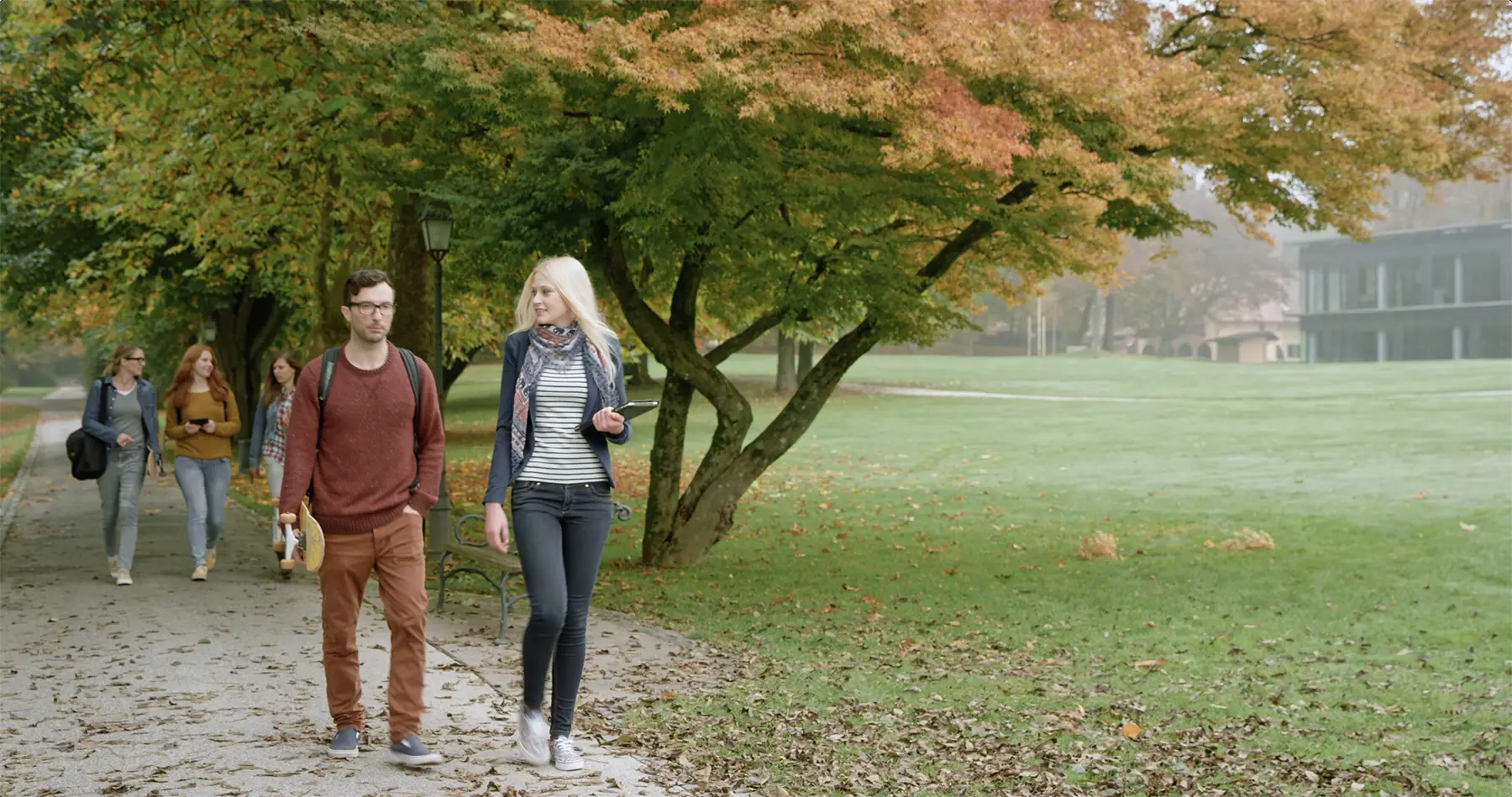
Enhancing wellbeing
Quality tools, technology and support
Partnering with you to help address mental and physical wellbeing needs around the world.
Tailored solutions for:
Employers
We’re committed to building the healthiest workplaces on the planet, offering employers a range of scalable services and tools to help keep their teams healthy, happy and productive.
Explore our employer solutionsOur solution categories:
Mental health
Physical health
Training
Tailored solutions for:

Employers
We’re committed to building the healthiest workplaces on the planet, offering employers a range of scalable services and tools to help keep their teams healthy, happy and productive.
Explore our employer solutionsOur solution categories:
Mental health
Physical health
Training

Colleges & universities
Help your students navigate cultural, physical and mental health challenges as they pursue their higher education.
Explore our Student Support programsMultiple levels of support:
Phone Support
Essential
Total Care
Reimagining health and wellbeing experiences
Our community commitment
Leveraging the power of our team members and technology, we’re on a mission to be the most trusted wellbeing company in the world.
healthcare lives covered in more than 160 countries.
TELUS Health is caring for or supporting someone around the world.1

